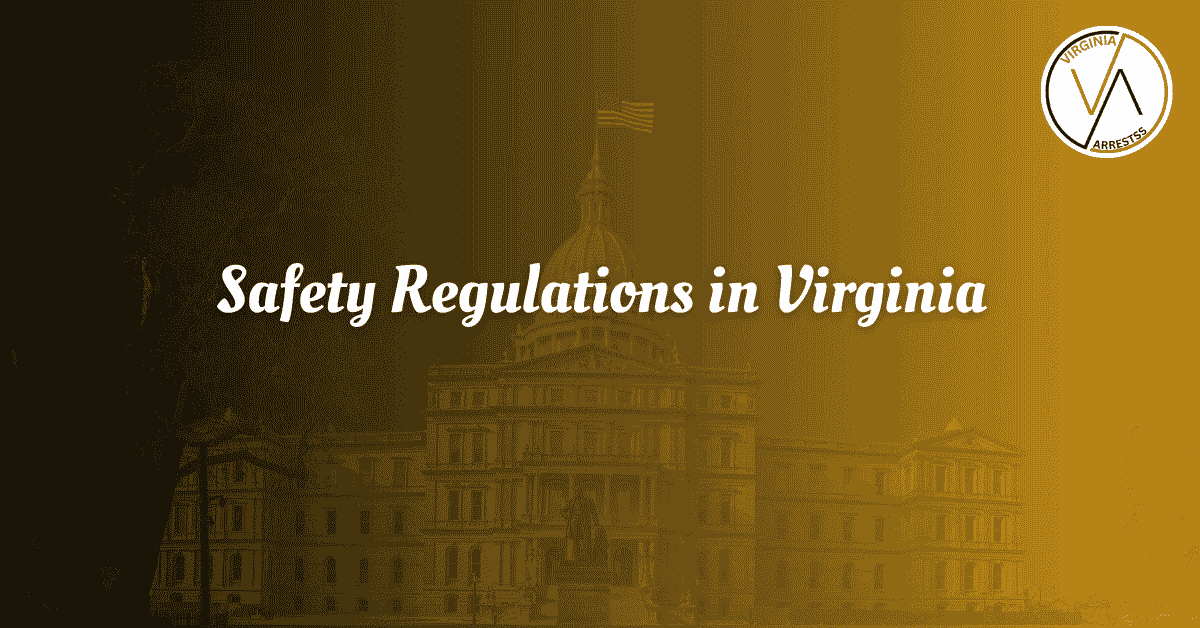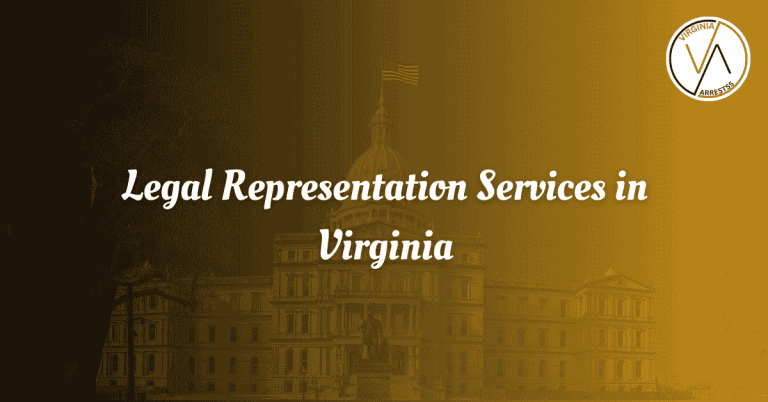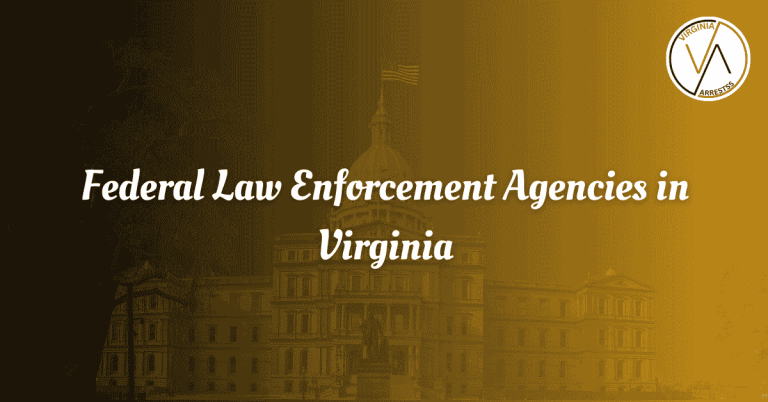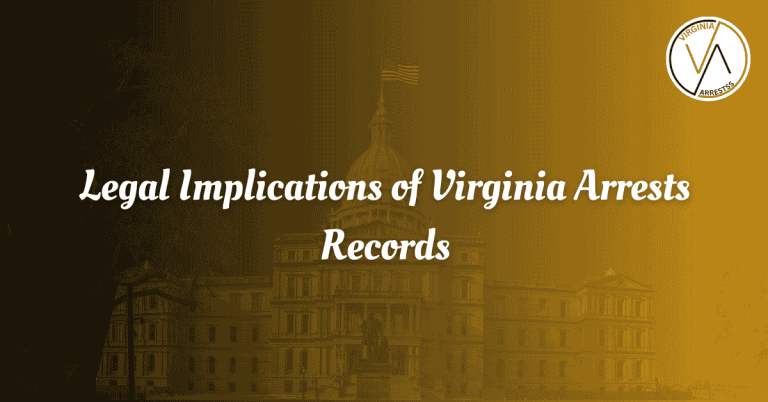Safety Regulations in Virginia
Safety regulations in Virginia play a crucial role in ensuring the well-being of residents and visitors alike. These regulations cover a wide range of areas, including transportation, workplace safety, and public health. By adhering to these guidelines, individuals can feel confident knowing that their safety is a top priority in the state.
From strict building codes to comprehensive food safety standards, Virginia’s safety regulations are designed to protect individuals in various aspects of their daily lives. Whether it’s ensuring that construction sites are secure or that restaurants maintain proper hygiene practices, these regulations are in place to safeguard the public and promote a safe environment for all.
Overview of Safety Regulations in Virginia
Virginia has strict safety regulations in place to ensure the well-being of workers and the general public. These regulations cover a wide range of industries and activities, emphasizing the importance of adherence to safety standards to prevent accidents and injuries.
Importance of Adhering to Safety Regulations
Adhering to safety regulations in Virginia is crucial for maintaining a safe work environment and preventing potential hazards. By complying with these regulations, businesses can protect their employees, customers, and the community from harm.
Key Aspects of Virginia’s Safety Regulations
Virginia’s safety regulations encompass various areas such as workplace safety, construction safety, fire safety, and environmental regulations. These regulations set forth specific requirements and standards that businesses must follow to ensure compliance and maintain a safe working environment.
Training Requirements for Employers
Employers in Virginia are required to provide training programs to educate their employees on safety protocols and procedures. Training sessions cover topics such as hazard recognition, emergency response, and proper equipment handling to reduce the risk of accidents and injuries.
Maintaining Compliance with Safety Inspections
Regular safety inspections are conducted in Virginia to ensure businesses are complying with safety regulations. Inspectors assess workplace conditions, equipment, and practices to identify potential hazards and ensure corrective actions are taken to maintain compliance.
Preventing Workplace Accidents and Injuries
By prioritizing safety measures and implementing preventive strategies, businesses can reduce the likelihood of workplace accidents and injuries. Employers must conduct risk assessments, provide safety equipment, and promote a safety culture among employees to create a secure work environment.
Creating a Secure Work Environment
Creating a secure work environment involves implementing safety protocols, conducting regular safety training, and fostering a culture of safety awareness among employees. By promoting safety measures, businesses can minimize risks and protect the well-being of their workforce.
Benefits of Prioritizing Safety in Businesses
Prioritizing safety in businesses not only protects employees and customers but also enhances productivity and reduces operational costs. By investing in safety measures, businesses can improve their reputation, increase employee satisfaction, and mitigate potential liabilities.
Contribution to Community Safety
Adhering to safety regulations in Virginia not only benefits businesses but also contributes to overall community safety. By ensuring compliance with safety standards, businesses play a vital role in preventing accidents, protecting the environment, and promoting the well-being of the community at large.
Frequently Asked Questions
Our FAQ section aims to provide comprehensive information on Safety Regulations in Virginia, addressing common queries users may have. Explore the following FAQs to learn more:
What safety regulations apply to businesses in Virginia?
Businesses in Virginia must adhere to various safety regulations, including those related to fire safety, occupational health, and building codes. It is essential for businesses to stay informed about these regulations to ensure a safe working environment for employees and customers.
How do businesses ensure safety rules in Virginia?
Businesses can ensure compliance with safety regulations in Virginia by regularly reviewing and updating their safety protocols, conducting safety training for employees, and staying up-to-date on any changes to regulations. It is crucial for businesses to prioritize safety to prevent accidents and maintain a safe working environment.
What penalties for breaking safety rules in Virginia?
Non-compliance with safety regulations in Virginia can result in fines, penalties, and possible legal action. Businesses that fail to follow safety regulations put their employees and customers at risk and may face serious consequences for neglecting safety protocols. It is essential for businesses to take safety regulations seriously to avoid potential penalties.
Are there specific safety regulations for different industries in Virginia?
Yes, different industries in Virginia may have specific safety regulations that they must comply with. For example, construction companies may have different safety requirements than restaurants or healthcare facilities. It is important for businesses to be aware of industry-specific safety regulations and ensure compliance to maintain a safe working environment.
How often should Virginia businesses review and update safety protocols?
Businesses in Virginia should regularly review and update their safety protocols to ensure compliance with current regulations and best practices. It is recommended that businesses conduct safety audits and assessments on a regular basis to identify any areas that may need improvement and make necessary updates to their safety protocols to maintain a safe working environment.
Where do VA businesses get help with safety rules?
Businesses in Virginia can find resources to help them understand and comply with safety regulations through government agencies, industry associations, and safety consultants. These resources can provide guidance on best practices, training materials, and updates on regulatory changes to help businesses stay informed and ensure compliance with safety regulations.







